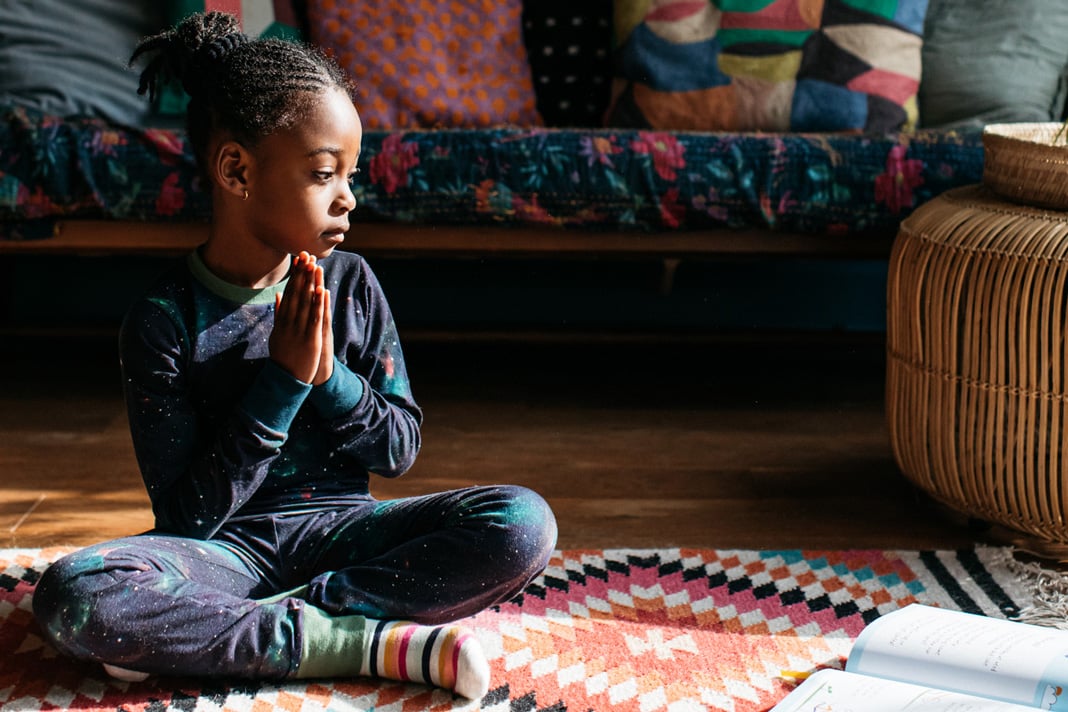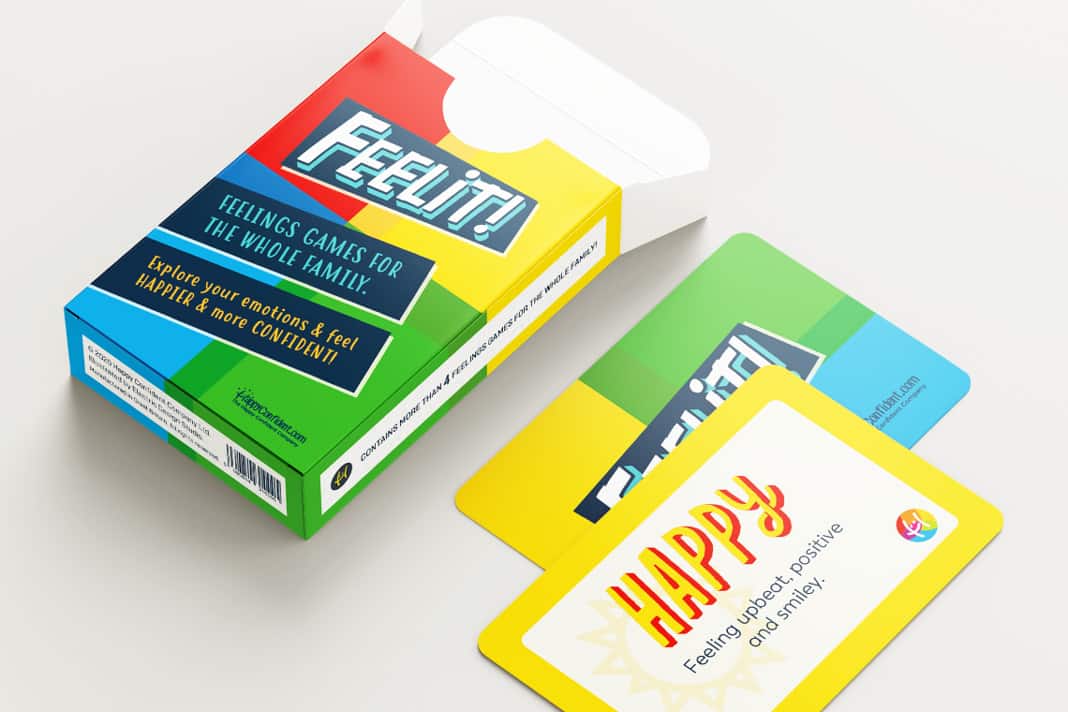Mind games can be positive, and a new crop of journals and family games offer fun and useful tools to help even young children get in touch with their feelings and express themselves
One of the legacies of Covid is a focus on how we maintain our mental health during tough times. Even before the pandemic there was a growing awareness of the health risks when our feelings stay bottled up. When we are given space to vocalise how we feel, we very often feel that little bit better – or can at least ask for the help and support we need.
There are times when it’s hard enough for articulate adults to understand and process negative thoughts, but children may not be able to even understand or name what the feeling is. Finding a path through this using clear descriptions or pictures definitely helps. Not only can children learn to express the emotion they are feeling, but they are also that little bit closer to understanding that they are not weird.
Games and journals are riding to the rescue here and offer a useful way for young people to make connections with their emotions – also helping adults to be more open about difficult topics. So here are three of our favourite ideas to help start the process.

WISDOM WHILE YOU WORK
Libbla Kelly describes herself as a nanny, aunt, godmother and stepmother, but she also has a long career in personal training and positive psychology. Wisdom While You Work is a journal that distils some of her understanding of how to turn things around when life is looking less than rosy. The journal is perfect for doodles and note taking and each page has a line of wisdom at the top and an explanation about why it matters. Core values are covered, along with thought-provoking lines about character traits, happiness, positivity and citizenship. The book is already used by schools as part of PSHE, and it’s a great gift for stationery loving teenagers who want to write their thoughts, and hear positive messages and words from the wise. The company has now published a set of revision cards as part of its collection. wisdomwhileyouwork.com

THE POSITIVE DOODLE DIARY
Founded by a creative team with personal experience of low mental health, The Positive Planner has been designed to encourage everyday positivity through journaling with added mindfulness. There are diaries and books in the collection for adults, but The Positive Doodle Diary is designed especially for children aged from 5 to 10, although younger children may appreciate a bit of adult input to get them started on their diary-keeping journey. It’s brilliantly designed, with cheerful graphics and ideas for simple creative activities – from colouring in to breathing exercises – as well as prompts and positive reinforcement messages to help them record their thoughts and also absorb confidence-building messages. thepositiveplanners.com

FEELIT!
A game designed for all the family to play together, FEELIT! was created by Nadim Saad, a parenting coach and the author behind Kids Don’t Come with a Manual. The game can be played multiple ways to suit the age and stage of players, with Snap, Articulate or Charades as three options. Each of the 52 cards lists a feeling with a definition. The cards are colour coded into pleasant and unpleasant emotions. So, in the green and yellow corner we have Loved, Grateful, Hopeful and Proud, while red and blue include Shy, Confused, Angry and Afraid. The thinking behind the cards is that if we can identify and name the emotion, we can start to understand and manage it – in other words, build emotional intelligence and resilience. It’s one of a collection of games and other products being designed under The Happy Confident Company umbrella and the website also has some useful tools and exercises for children and families. happyconfident.com
Further reading: Talking to children about consent
You may also like...

























